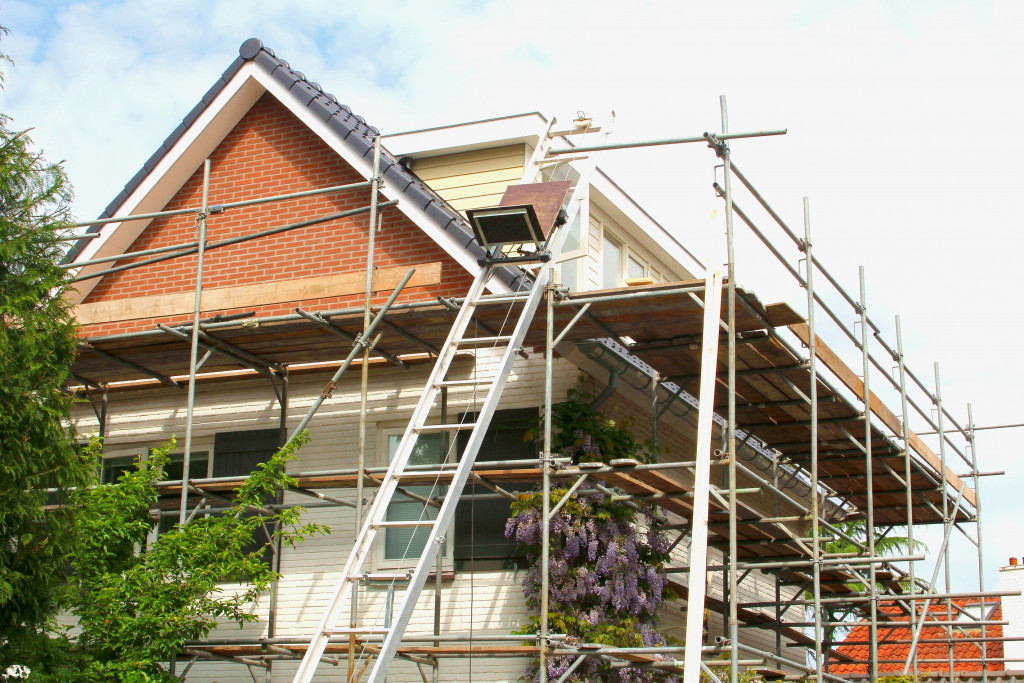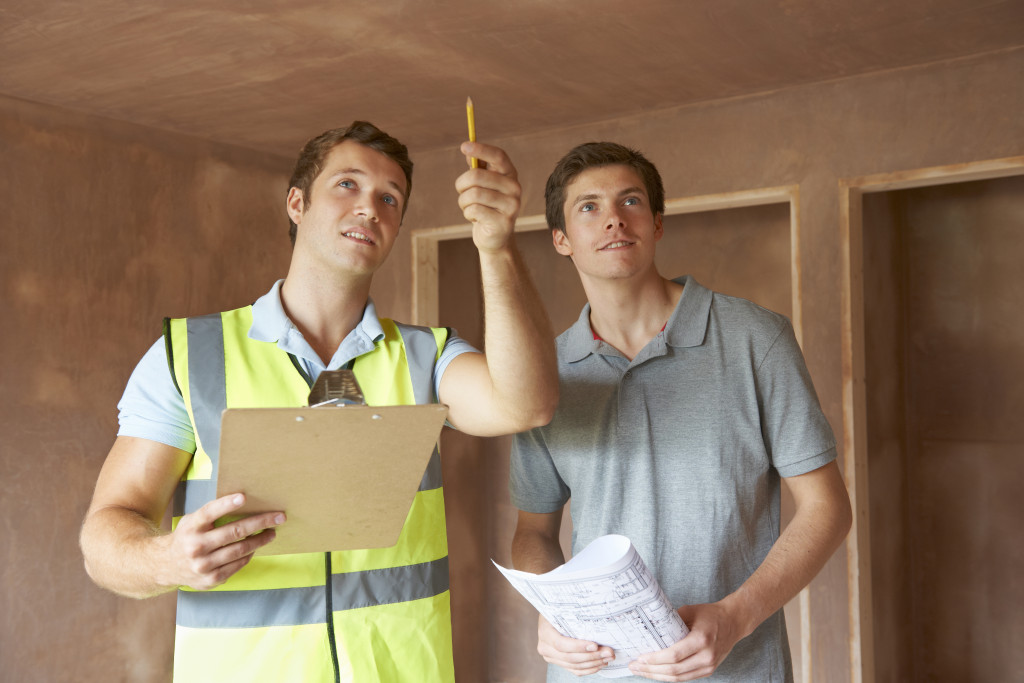- Flipping real estate is profitable but requires substantial financial investment and thorough preparation.
- Adequate capital is critical for purchasing properties, covering renovation costs, and managing other expenses.
- Investing in quality renovation equipment ensures efficient work and increases the property’s resale value.
- Professional inspection services are invaluable in assessing a property’s condition and estimating repair costs.
Flipping real estate properties can be a highly profitable venture. This involves purchasing a property, typically needing repairs, renovating, and selling it at a profit. Numerous statistics support the lucrative nature of house flipping. According to a report from ATTOM Data Solutions, flipped houses accounted for 8.4% of all home sales in the United States, with a median gross profit of $62,300 per flip. This statistic indicates a substantial return on investment, making it an attractive prospect for entrepreneurs and investors. Nevertheless, it’s crucial to remember that profitability hinges on various factors, including the ability to accurately assess repair costs, the real estate market condition, and the sale timing.
However, setting up the venture will require a lot of preparations that require significant financial and time investment. Here’s a brief overview of what you need for a successful house-flipping venture:
Business Capital
Just like any other business, starting a house-flipping venture requires capital. It’s the backbone of your operation; it allows you to purchase properties, pay for renovations, cover holding costs, and handle other expenses until the property sells. Having adequate capital can distinguish between a successful flip and a financial disaster, as underestimating costs is a common pitfall in the industry.
There are various ways to secure the necessary capital for your house-flipping venture:
- Personal Savings: Using your money is the simplest way to finance your venture. It might take time to accumulate enough, but it eliminates the need to pay interest on a loan.
- Real Estate Investment Loans: These are specialized loans offered by banks and other financial institutions that understand the unique needs of property flippers.
- Hard Money Lenders: These private lenders lend based on the property’s after-repair value (ARV). They often have less stringent approval requirements than banks, but their interest rates are usually higher.
- Private Investors or Partnerships: If you don’t have enough capital, consider forming partnerships with other interested investors. The profit is shared, but so is the risk.
Remember, securing adequate funding is only part of the success equation. It’s equally essential to manage your capital wisely to maximize your return on investment.
Renovation Equipment

Investing in quality renovation equipment is pivotal to the success of a house-flipping venture. Proper tools ensure that the renovation work is accomplished efficiently and effectively and contribute to lowering labor costs and minimizing unnecessary delays. Moreover, the right equipment can improve the quality of the renovation, which can, in turn, drive up the property’s resale value. Here are a few categories of renovation tools to consider:
Construction Equipment
Construction equipment forms the backbone of any renovation project. This includes machinery like concrete mixers and excavators. Durable jib cranes, in particular, are handy for lifting and moving heavy items around the property. They can also be used for demolition, making them versatile on-site equipment.
Hand Tools
Hand tools are essential for many tasks in the renovation process. These tools are used frequently for repairs and installations, from hammers and screwdrivers to pliers and tape measures. Investing in a comprehensive set of durable hand tools can lead to more efficient work and better results.
Power Tools
Power tools can significantly speed up the renovation process. Tools like drills, circular saws, and sanders can save time and effort on various tasks, from installing drywall to refinishing floors. While they may require a more significant upfront investment, their time savings often make them worth the cost.
Safety Equipment
Finally, safety should never be overlooked when renovating a house. This includes safety glasses, gloves, hard hats, and steel-toed boots. Having the proper safety equipment protects you and your crew and reduces the risk of delays caused by injuries.
Inspection Services

Before investing in any property for flipping, seeking professional inspection services is paramount. A thorough inspection sheds light on the property’s condition, helping you to uncover potential issues that might not be visible during a casual walkthrough. Inspectors examine the property’s structural elements, electrical systems, plumbing, and other vital areas. This assessment helps to identify any needed repairs, ranging from minor ones, such as a leaky faucet, to major ones, like foundation cracks or damaged roofing.
In the context of house flipping, these inspections are invaluable. They provide a detailed snapshot of the property’s condition, which forms the basis for your renovation plan and budget. Without a proper review, you risk underestimating repair costs, leading to unexpected expenses that can erode your profit margin.
Additionally, having an inspection report can offer a negotiating advantage when purchasing the property, as it verifies its condition. Therefore, professional inspection services are an optional and essential part of the house-flipping process that contributes significantly to the venture’s profitability.
Final Thoughts
Flipping real estate properties can be a highly profitable venture, but it requires a lot of preparation and financial commitment. Securing adequate funding is only part of the equation, as managing your capital wisely to maximize returns on investment is essential. Investing in quality renovation equipment and seeking professional inspection services are necessary for successful house-flipping ventures that must not be overlooked. With these in mind, you can be well on your way to turning a substantial profit in the real estate business.

